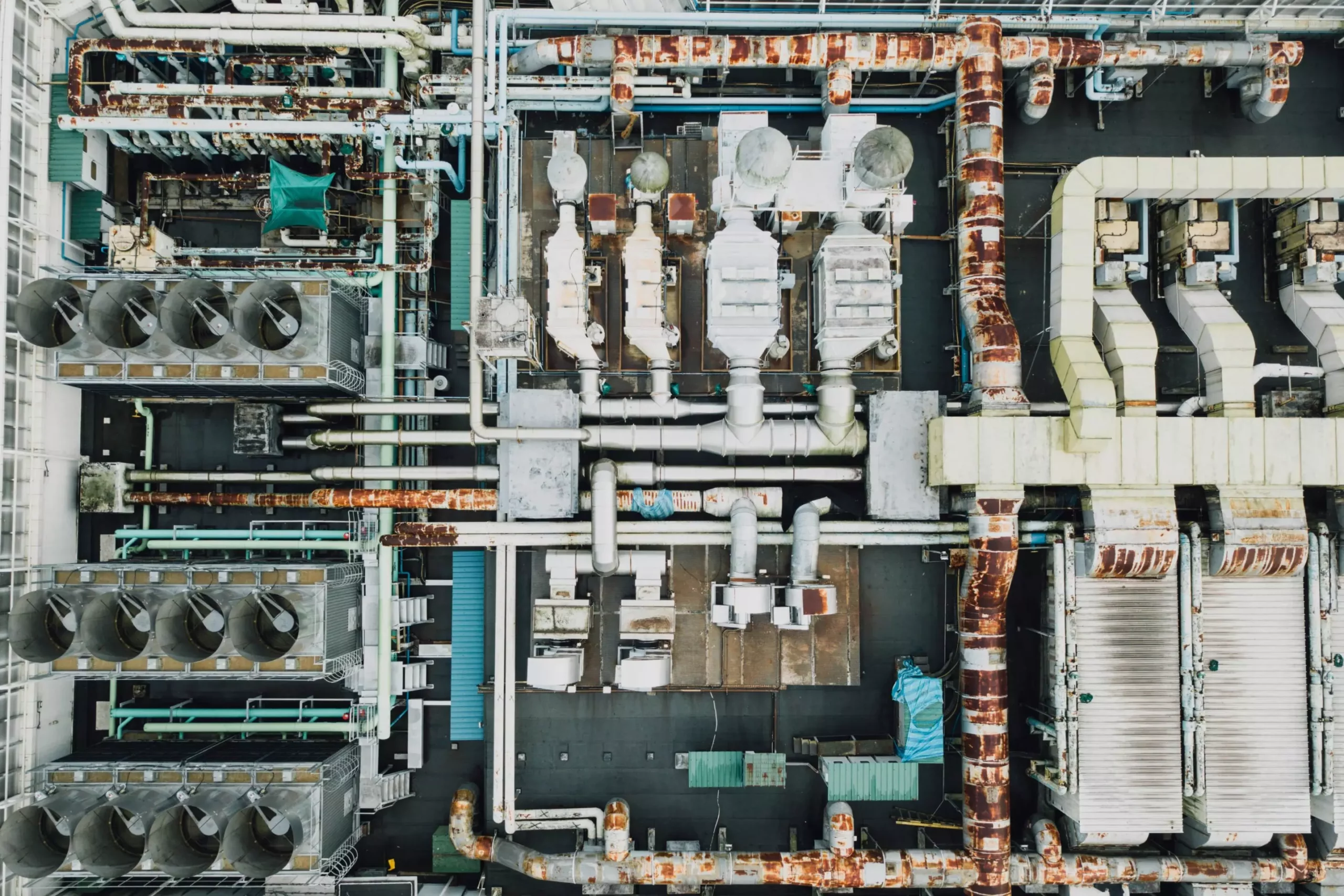At the forefront of robotic innovation, the Interactive and Robotic Systems Lab (IRS) at Universitat Jaume I in Castellón is redefining how we approach hazardous environments. Their latest development—a mobile, lightweight, modular, and reconfigurable manipulator robot—brings forth groundbreaking possibilities for industries that operate under risky conditions. This advanced robotic system not only incorporates a sophisticated remote control station with 3D perception, but it also utilizes multi-device 3D simulation software, including the innovative concept of a digital twin for effective operator training.
The primary aim of this robotic technology is to excel in environments that pose significant risks to human health, such as the inspection of plastic pipes through probing and artificial vision. The initial validation of this cutting-edge technology took place at the Centre for Research in Robotics and Underwater Technologies (CIRTESU) at UJI, demonstrating its relevance across various applications, particularly in industries like nuclear energy and particle physics. It not only promises enhanced efficiency in inspecting pipes and plastic materials but also has potential educational applications, providing valuable support for healthcare professionals in environments where there is a risk of infectious diseases.
One of the remarkable aspects of this manipulator robot is its robust software architecture, driven by the Robot Operating System (ROS). The system features a server structure that supports multiple clients, allowing for seamless expansion to meet diverse mission requirements. This flexibility ensures that the technology can adapt to varying operational contexts, making it a versatile tool for evaluating different conditions. On the hardware front, enhancements such as wireless communications, an array of vision devices, and advanced localization techniques contribute to the robot’s mobility, low weight, and minimal power consumption—qualities that increase its practicality in demanding settings.
This innovative project is a result of collaboration under the European initiative “EU H2020 El-Peacetolero,” involving UJI alongside eight other European universities and research institutions. Such partnerships highlight the importance of interdisciplinary cooperation in advancing technological frontiers. The Universitat Jaume I is committed to facilitating the transfer of this pioneering research through agreements and licensing with industry partners, aiming to make this technology accessible to a wider audience.
The IRS group at UJI exemplifies the profound potential that robotic systems hold in transforming how we approach hazardous tasks. By merging advanced robotics with effective training methodologies and an open, modular design, they not only push the boundaries of current technology but also contribute to the vital field of scientific knowledge dissemination. This initiative not only aims to protect human health in precarious environments but also inspires future innovations in robotics and automation, paving the way for a safer and more efficient approach to addressing challenges within hazardous industries.


Leave a Reply
You must be logged in to post a comment.